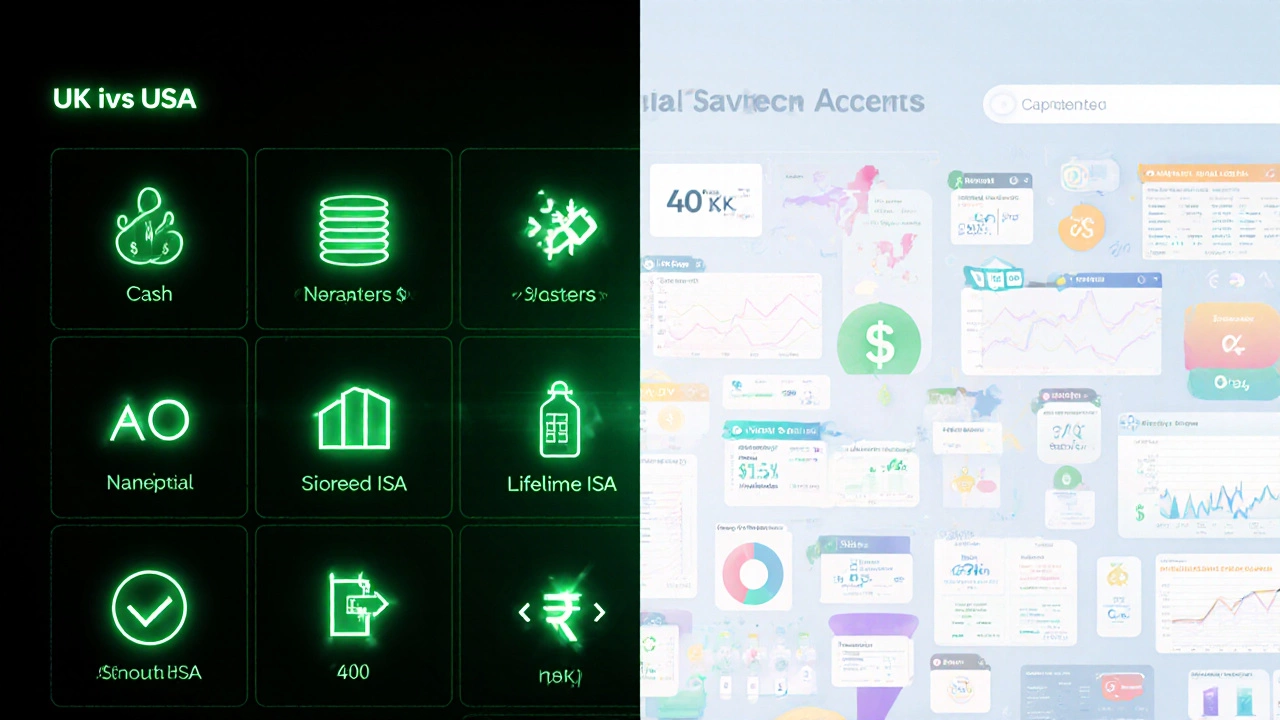UK ISA: Tax-Free Savings Explained with Real Benefits and Options
When you hear UK ISA, a tax-efficient savings or investment account available to UK residents. Also known as Individual Savings Account, it lets you grow money without paying tax on interest, dividends, or capital gains. That’s not a gimmick—it’s a legal advantage built into UK finance. Every adult over 16 can use one, and the current ISA allowance is £20,000 per year. You can split that across different types, or put it all in one. No one else in the world gives you this kind of freedom to grow money tax-free.
There are four main kinds of cash ISA, a simple savings account where interest is tax-free, Stocks and Shares ISA, a way to invest in funds, shares, or bonds without paying capital gains or dividend tax, Lifetime ISA, a special account for first-time homebuyers or retirement, with a 25% government bonus, and Innovative Finance ISA, for peer-to-peer lending, where returns are tax-free. Most people start with a cash ISA because it’s safe and easy. But if you’re planning ahead, a Stocks and Shares ISA can grow much more over time. The Lifetime ISA is great if you’re under 40 and saving for a house or retirement—it’s basically free money from the government, up to £1,000 a year.
What most people don’t realize is that ISAs aren’t just for saving. They’re a core part of long-term financial planning. If you’re using a cash ISA as a parking spot for emergency money, that’s fine. But if you’re leaving money in a low-interest account for years, you’re losing out to inflation. On the other hand, jumping into a Stocks and Shares ISA without understanding risk can hurt you. The key is matching the type of ISA to your goal: short-term safety, long-term growth, or a big purchase like a home. And you can switch between them, transfer old ISAs, or hold more than one at a time—as long as you don’t exceed your annual allowance.
You’ll find posts here that break down exactly how to choose between a cash ISA and a Stocks and Shares ISA, how the Lifetime ISA bonus really works, and why so many people miss out because they don’t use their full allowance. There are also guides on what happens if you overpay, how to move ISAs between providers without losing tax benefits, and why some ISAs are better than others depending on your age and goals. Whether you’re just starting out or looking to optimize what you already have, the real power of a UK ISA isn’t in the name—it’s in how you use it.
Does the US Have ISA Accounts? Here’s What Americans Actually Use Instead

The US doesn't have ISA accounts, but Americans have powerful tax-advantaged alternatives like Roth IRAs, HSAs, and 401(k)s. Learn how to save tax-free in the US without an ISA.
Read More >>